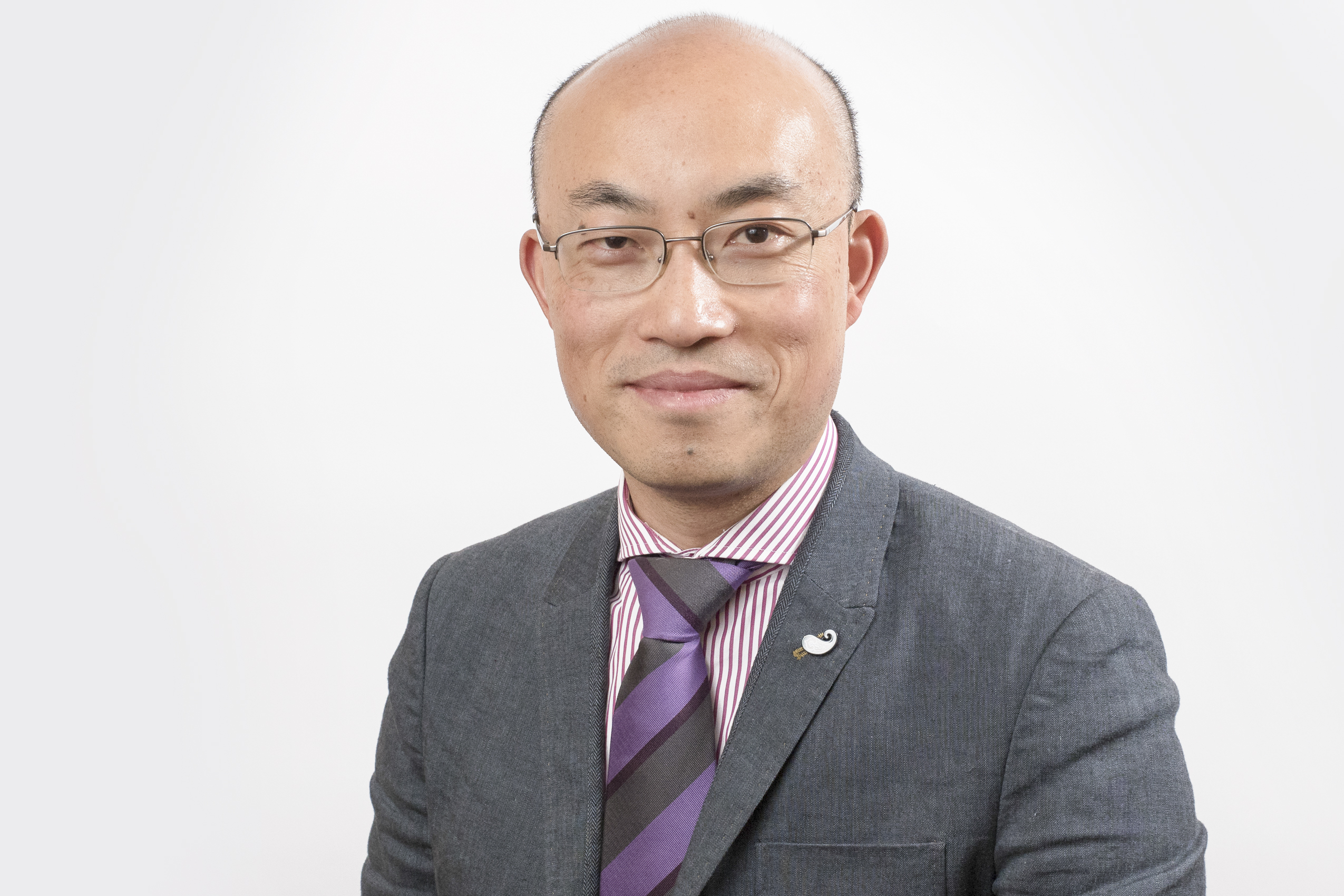Gefitinib and Methotrexate (GEM) clinical trials: testing a new medical treatment for ectopic pregnancy
In our laboratory, we have identified a novel medical treatment for ectopic pregnancy that could replace surgery for man...

Stephen is a clinician scientist - a specialist obstetrician steering large research programs that are chasing discoveries to make pregnancy safer for expectant mothers and their unborn baby.
He is co-director of Mercy Perinatal (and enjoys the honour of sharing the Directorship with Professor Sue Walker). He is also Director of Research at Mercy Hospital for Women.
Stephen was appointed as a full academic Professor at The University of Melbourne at the age of 39.
Stephen is focussed on translational research - developing new diagnostics and treatments to tackle major complications that threaten the lives of mothers and babies. His team has taken 5-6 laboratory discoveries to large international clinical trials and clinical studies.
New treatments for preeclampsia: Working with senior researchers at Mercy Perinatal, he established a translational pipeline to identify new drugs to treat preeclampsia. The pipeline starts with laboratory evaluation at The Mercy Hospital for Women and extends to large randomised clinical trials in South Africa.
Drug treatments for ectopic pregnancy: His research team has identified drug treatments for ectopic pregnancy. The vision is to find simple medicines that can replace surgery to treat this dangerous condition. One promising candidate treatment his team discovered in the laboratory is being tested in a large multi-centre trial that is recruiting women from 70+ hospitals across The United Kingdom (The GEM III trial).
Diagnostics to prevent stillbirth: Prof Tong also co-leads a large research program focussed on developing a new diagnostic test to help women avoid stillbirth.
Large population studies: Stephen works with an epidemiology team ensconced within Mercy Perinatal that seeks to answer key clinical questions such as drug safety during pregnancy. The team is tapping into big data from large populations that include all of Victoria, Sweden and Scotland.
His current network of research studies where he has a substantial leadership role spans South Africa, New Zealand, Sweden, United Kingdom, New Zealand, Chile, Solomon Islands, Pakistan, and across Australia.
He has published over 180 scientific papers. These include papers in highly prestigious international research journals such as The Lancet, British Medical Journal, Lancet Global Health, Nature Communications, Nature, Hypertension, Obstetrics and Gynecology, BMC Medicine, American Journal of Obstetrics and Gynecology, and others.
He has presented many invited talks across Australia; and delivered invited orations across the world including Edinburgh, Amsterdam, Manchester, Cape Town, Munich, Sao Paolo, New Orleans, Washington, Detroit, Auckland, Santiago and other cities.
He has obtained multiple large grants from the National Health and Medical Research Council of Australia (NHMRC) that cumulatively total over 10 million dollars. He has also received multiple grants from many other funding bodies. He currently holds an NHMRC Practitioner’s Fellowship and an NHMRC Synergy Grant ($5 million dollar bloc funding to develop new diagnostics for stillbirth).
He has received three NHMRC Achievement Awards for top ranked NHMRC Fellowship applications (2007, 2012 and 2017).
Since 2015, he has been one of the four conveners running the annual Global Obstetrics Update (GOU) conference. GOU invites the world’s top academics to present to educate clinicians across Australia and New Zealand. It is exceptionally popular and sells out every year.
Stephen is a board member of the Menzies Medical Research Institute in Tasmania. He is also Chair of Scientific Advisory Committee of the Multiple Sclerosis Flagship which is also based at The Menzies (and is a member of the Multiple Sclerosis Flagship steering committee).
Stephen has served many times on the NHMRC Grant Review Panel, assisting with the review of major grant applications. He is currently on the editorial board of two influential medical journals – BMC Medicine and Hypertension. He has also assessed many international research grants and applications for academic promotion on behalf of major Universities across the world.
Stephen is heavily invested in training researchers of the future. Among his mentees are many PhD students who are clinicians, and senior research investigators.
He has supervised the most PhDs of obstetric clinicians in Australia over the past decade. Many of these PhD scholars have since moved to successful academic and clinical careers. He currently provides close mentorship to three senior lecturers, an associate professor based overseas; and presently co-supervises five clinicians undertaking PhDs.